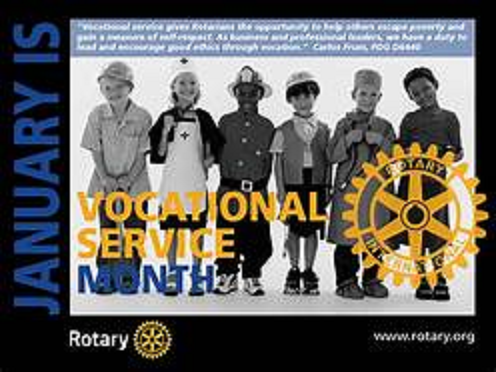
My brother-in-law, Kris, was born into a troubled family. He was the youngest of four children, all born before their mother was twenty years old. Their father’s alcoholism complicated the upbringing of all four siblings, but Kris suffered the cruelest fate. Due to a degree of brain damage, caused by oxygen deprivation at birth, four-year-old Kris was surrendered by his parents to the state of Oregon. He spent the next fourteen years of his life in an institution for the severely disabled. He had no idea why he had been abandoned.
At age eighteen, Kris was released into a half-way house in Portland, Oregon, again living in a facility for the severely disabled. Kris had learned to read in the institution. He knew he was a capable individual and he felt badly served by the state of Oregon. After making some attempts to reach his parents, now divorced, he realized that he was an unwelcome reminder of a terrible event in their lives, one they preferred to forget. Consequently, he struck off on his own.
For many years afterwards, Kris was homeless. He migrated to California and managed to survive, although he was abused and beaten by other homeless individuals, and in one particularly severe beating, lost a number of his teeth.
One day, a retired Christian minister and his wife noticed Kris on the street as they were going out for a meal. They invited Kris to join them only to find the restaurant would not serve Kris in his disheveled state. The couple then invited Kris to eat lunch at their home instead. The invitation was extended to spending the night with them, in order to help Kris do his laundry and get some better clothes. One night became a week, the week became a month, and in the end, Kris lived with them for decades.
Kris had not learned good habits of dental hygiene while institutionalized and although Wendell provided loving and generous care for Kris, repairing the years of neglect and injury that Kris’s teeth had suffered was beyond the means of a minister with a modest retirement.
Eventually, using the resources of the Salvation Army, Kris’s mother, hoping to know what had become of her son, found where Kris was living. Communication with his family resumed, although Kris remained with Wendell until Wendell’s death.
After Wendell died, Kris moved in with us, his brother and sister-in-law, people he hardly knew. Early on, I realized that eating was problematic for Kris, having no real teeth. He ate only soft foods and even those were difficult for him. He chewed with his gums. Kris and I made many attempts to find dental services. Teeth-cleaning was available but served no purpose, since he had no teeth to clean. An appeal for state funding for dentures was denied. I was despondent, realizing that I was just one more failure in a long line of failures in Kris’s experience.
However, I am a member of the Rotary Club of Burlington, Washington. I approached another member of the club, Paul Bergman, DDS, to ask if he was aware of any dental clinic that might take on a patient such as Kris. I speculated that perhaps the University of Washington School of Dentistry provided such a service. Paul replied, “Sadly, they do not, but I do.”
I was uncertain that I had understood Paul correctly. After all, Paul didn’t know Kris. He didn’t know his story. He only knew me. I was certain that I must have misunderstood. I asked him to repeat what he had said. He did. He said he would take care of Kris’s mouth.
Several years later, Kris has a full set of teeth. Appointment after appointment, hour after hour, Dr. Paul Bergman and his staff resolved abscesses, removed broken fragments, prescribed antibiotics, and bit by bit, with a combined skill set of engineering and artistry, rebuilt Kris's mouth. Kris now eats apples, his favorite fruit. He loves Mexican food, rejoicing in the noisy crunch of corn chips. He still struggles with the importance of brushing and flossing, after sixty-five years of habitual neglect, but he tolerates my nagging amiably. I remind him that this second set of teeth is nothing short of a miracle and he must honor Paul Bergman and his able assistants, who worked so cheerfully and without compensation, by taking care of these new teeth.
Paul Bergman comes to Rotary meetings regularly, chats, smiles, and does his part. Nothing he does calls attention to the fact that he transformed the life of one of the “least of his brothers.” If the final decades of Kris's life are much better than the early decades, it is in no small part due to the actions of a true Rotarian, Paul Bergman.